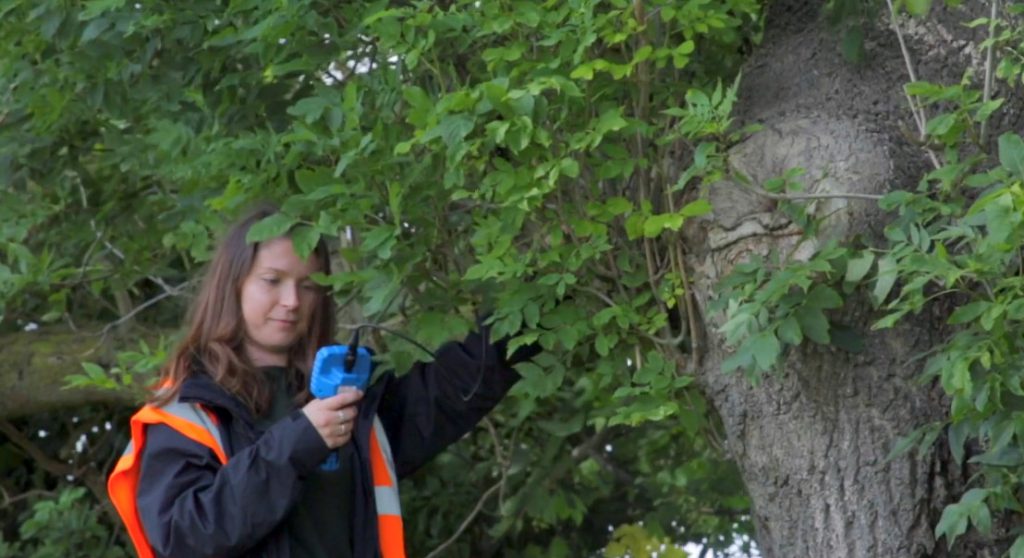Cornwall’s Undeveloped Locations
Considered more than 90% rural throughout, Cornwall has a vast number of countryside locations. Despite a wide selection of undeveloped areas across the county, local authorities and residents aim to preserve as much greenfield land as possible in hopes of retaining environmental quality and high-value ecological assets.
Part of the local council’s initiatives to protect authentic Cornwall is through opting to develop brownfield sites before greenfield sites are considered. Although it is inevitable that developers will look to stage planning projects on greenfield land, an issue that many will find is that a large proportion of undeveloped land in Cornwall is impacted by previously historic underground mine workings.
As well as other archaeological remains or simply hidden items or pieces of infrastructure, the unexpected discovery of a mine can pose a major issue to a planning project, and if it hasn’t been unearthed early on in the process, the developer will face an uphill task attempting to bypass the issue and unexpected costs and delays to the development.
Cornwall Archaeological Unit
As a method of protecting historic remains across the county and the Isles of Scilly, Cornwall Council has a dedicated Archaeological Unit. In operation for more than 35 years, the Cornwall Archaeological Unit is registered with the Chartered Institute for Archaeologists and works with heritage organisations on historic environment projects.
The unit also advises planning officers from the local planning authority when it comes to decisions to grant or deny planning applications. Ensuring that everything has been done to meet the planning requirements of the local council can be difficult, especially if the developer isn’t fully aware of what they need to do.
Fortunately, an archaeology survey will allow a licensed archaeologist to inspect present archaeological remains and provide the developer with the data they need to satisfy the local authorities and achieve planning consent.
Archaeological Surveying
Prior to a physical inspection of the development site, the archaeological survey will start with the archaeologist retrieving existing information about relevant archaeological records and historic features on the site as part of desk-based assessments. The site visit will then consist of a surface survey and a geophysical survey. While the surface survey will involve an analysis of the site for visible archaeological remains, the geophysical survey will be far more complicated, using highly specialised equipment to determine what lies hidden underground.
During the geophysical survey, the archaeological consultant will use a ground penetrating radar (GPR) device to send radio waves into the ground. Once they hit a solid surface, they will reflect back, so if anything is in the way, the distance will be shorter at certain points. Whenever this happens, it will be a sign that historic remains are present, and the archaeological surveyor will use existing data or an excavation exercise to work out what is situated in the ground below.
In some circumstances, the archaeologist may also decide to use aerial photography, site discovery and evaluation, walkovers and watching briefs techniques, or consider contours, earthworks, existing building survey information and the location in regards to the National Grid. All results from the survey will be detailed in an archaeology report, along with measures that will see the project move forward. Containing vital data, the archaeological report should incorporate everything the local planning authority will need to grant a planning condition on the site.
Book in an Archaeology Survey Today
Planning projects on sites that are undeveloped or listed as holding historic value requires an archaeology survey before any work can start. At Arbtech, we have a wealth of experience in undertaking a broad range of assessments including archaeological surveys conducted by qualified archaeologists. We also have experts based all over the country, meaning that you can easily arrange an assessment in Cornwall or other parts of the South West.
For a free quote based on your specifications, contact our team by calling us directly or filling out our online quote form. We can then work out a suitable date to attend your site and carry out an archaeology survey, and using the expertise and insights from our archaeologists, we can help you to achieve planning permission for your project.


